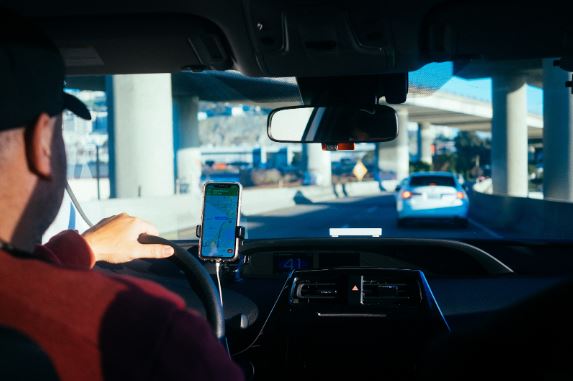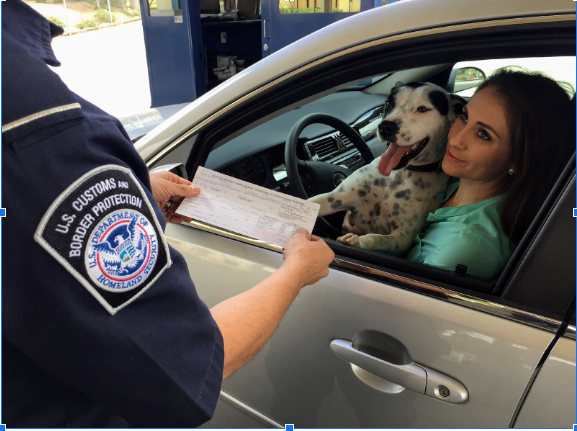What is Rideshare Insurance?
Rideshare insurance is an auto insurance coverage available to people who work for a ride-sharing company. This coverage is designed to fill your personal car insurance coverage gap. Without rideshare insurance, you will be exposed to financial losses because of the volume of time you spend on the road.Why Don’t You Use Lyft and Uber Driver’s Insurance?
The insurance that Uber and Lyft offer their drivers is not end-to-end coverage, and this means the coverage doesn’t extend more than when you’re on a trip on the ride-sharing app. Ride-sharing companies divide drives into different phases providing varying levels of coverage. Sign-In Phase— This is the time when you have logged into the ride-sharing app to let the company know you’re available for trip requests. Acceptance and Transporting phase — This coverage kicks when you accept a trip request and ends when you drop off the passenger.What are Rideshare Insurance Options?
Not every carrier offers rideshare insurance coverage, but larger insurance companies are more likely to offer this coverage. You can get rideshare insurance from Geico, MetLife, Allstate, USAA, Travelers, Progressive, and more. You can customize the insurance coverage to include comprehensive collision, uninsured motorist coverage, personal injury protection, and medical expense.




